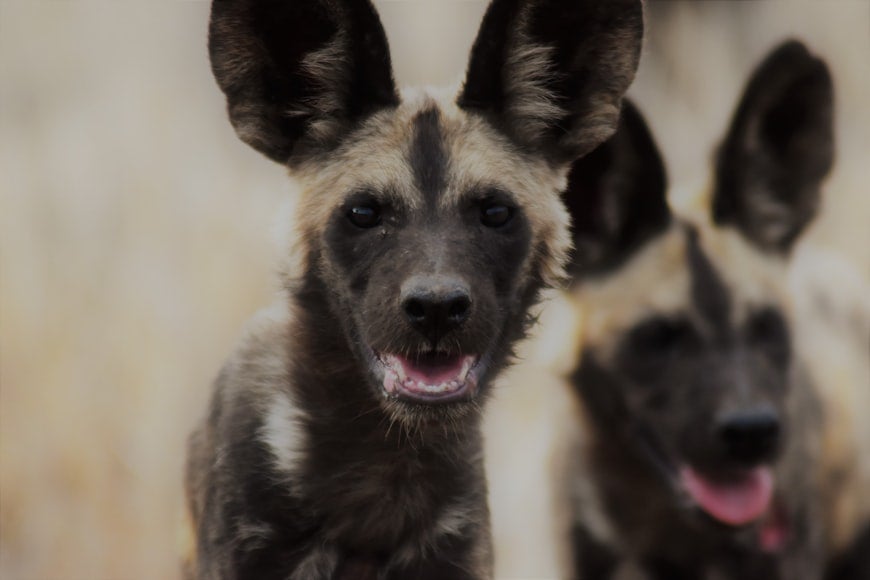Botswana records spike in wildlife snaring in protected areas
Community Trusts in the Okavango Delta concerned that snaring will affect income from tourism

By Solomon Tjinyeka for Weekend Post
In Botswana, the Mababe Zokotshama Community Trust which operates a controlled hunting concession in the Okavango Delta has found and removed hundreds illegal snares that are having a devastating impact on the local wildlife with deaths and severe injury to numerous endangered animals.
The Basarwa Trust, which generates community funds from international trophy hunting by selling their quota to hunting safari operators, is worried that the recent spike in wildlife snaring will have an impact on their hunting business.
A community escort guide from the Mababe Trust, Gomolemo Oduetse, revealed to this publication that since last year, they have become aware of an increase in snaring incidents in their areas.
Oduetse highlighted that following the spike in wildlife de-snaring operations were launched in areas of Mababe and Khwai villages which are all Wildlife Management Areas. This was a joint operation which was composed of government departments, Department of Wildlife and
National Parks, DWNP Anti-Poaching, DWNP Investigations, Botswana Police, DWNP K-9 Unit, and the Botswana Defence Force, as well as private entities including Great Plains Foundations, Connect and Wild Trust.
Oduetse added that an operation conducted last year between June and July unearthed that a
total of six wild dogs, one lioness, five hyenas and one zebra were reported to have been snared between December 2021 to July 2022 in the Khwai and Mababe areas. He added that from those reported, five wild dogs, one hyena and a lioness have been darted, snares removed and resulting wounds treated.
Oduetse also added that all the wild dogs in the report were from the same pack within the area, one that is monitored by Botswana Predators Conservation.
The operation has also uncovered a total of 52 snares in and around Khwai at appropriately 29 locations, while in Mababe a total of 56 snares were found and removed on the outskirts of the village at 42 locations and this brings a total snare removed to 108 at 71 locations.
Several other illegal activities were discovered such as small bird traps, mainly at the back of the staff quarters of tourist lodges, and a hidden stash of elephant tusks which was collected and turned over to the authorities.
Oduetse further noted that wildlife snaring is bad for the community trust which benefits from the hunting as it also affects the tourism sector. He also dismissed claims that some members of the community are engaging in snaring to make ends meet.
“I don’t think community members engage in wildlife snaring as we benefit from the funds collected by the Trust,” he noted, adding that most snaring traps were found near lodges, alluding to the fact that people who work in the lodges are the ones involved in snaring.
Another report shared by Botswana Predator Conservation Trust (Wild Trust) Director Tico McNutt states that illegal activities such as bushmeat hunting, even in Botswana’s valuable Wildlife Management Areas, are a threat to the country’s wildlife and economy. The report also stated that ‘snaring in particular is an indiscriminate method of bushmeat hunting and can be very difficult to eliminate.’
Botswana Predator Conservation Trust believes that the collective efforts of multiple stakeholders and concerned volunteers to patrol and remove snares was the first of its kind, and illustrates that collaboration between various governmental and non-governmental organisations with a concerned public can be effective in curbing illegal activities in Botswana’s world renowned wildlife areas.
This article is reproduced here as part of the African Conservation Journalism Programme, funded in Angola, Botswana, Mozambique, and Zimbabwe by USAID’s VukaNow: Activity. Implemented by the international conservation organization Space for Giants, it aims to expand the reach of conservation and environmental journalism in Africa, and bring more African voices into the international conservation debate. Written articles from the Mozambican and Angolan cohorts are translated from Portuguese. Broadcast stories remain in the original language.
Read the original story here:
Join our commenting forum
Join thought-provoking conversations, follow other Independent readers and see their replies
Comments
Bookmark popover
Removed from bookmarks